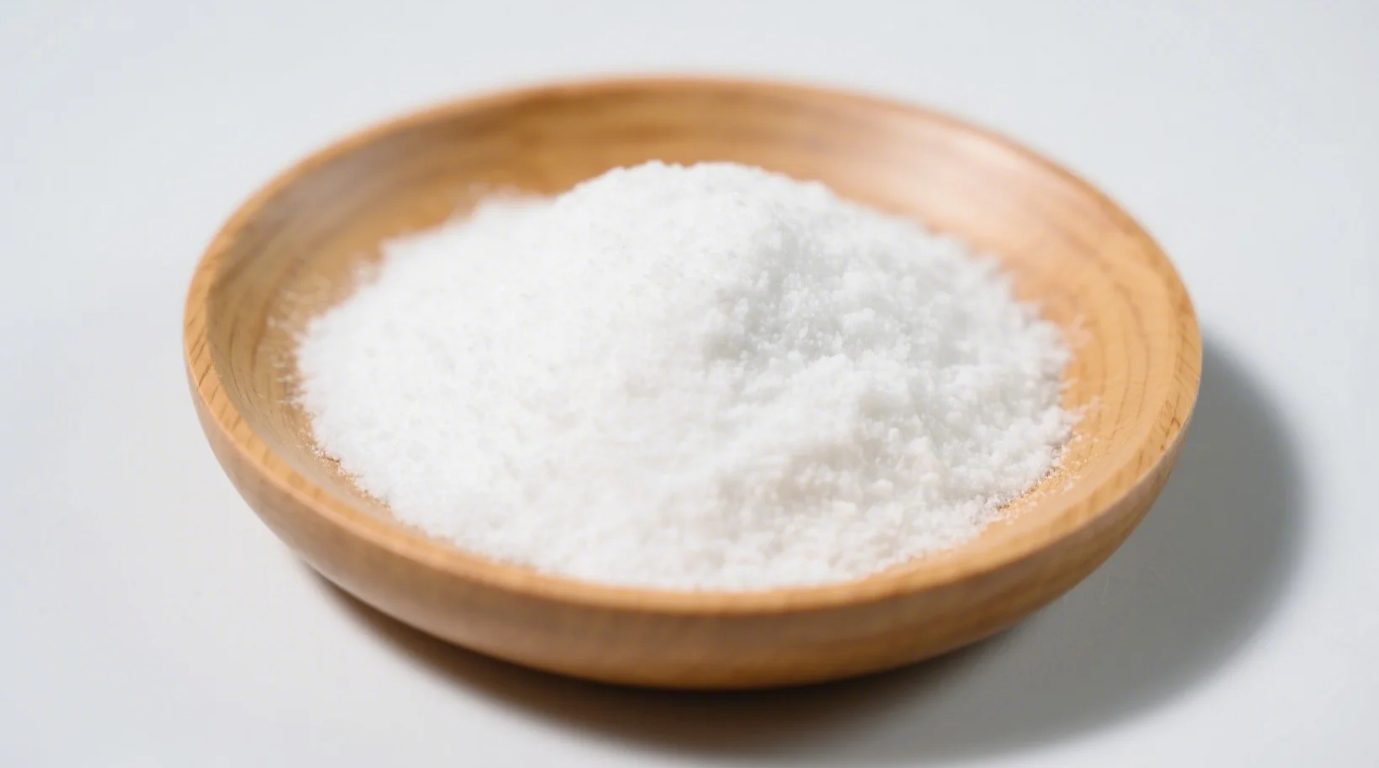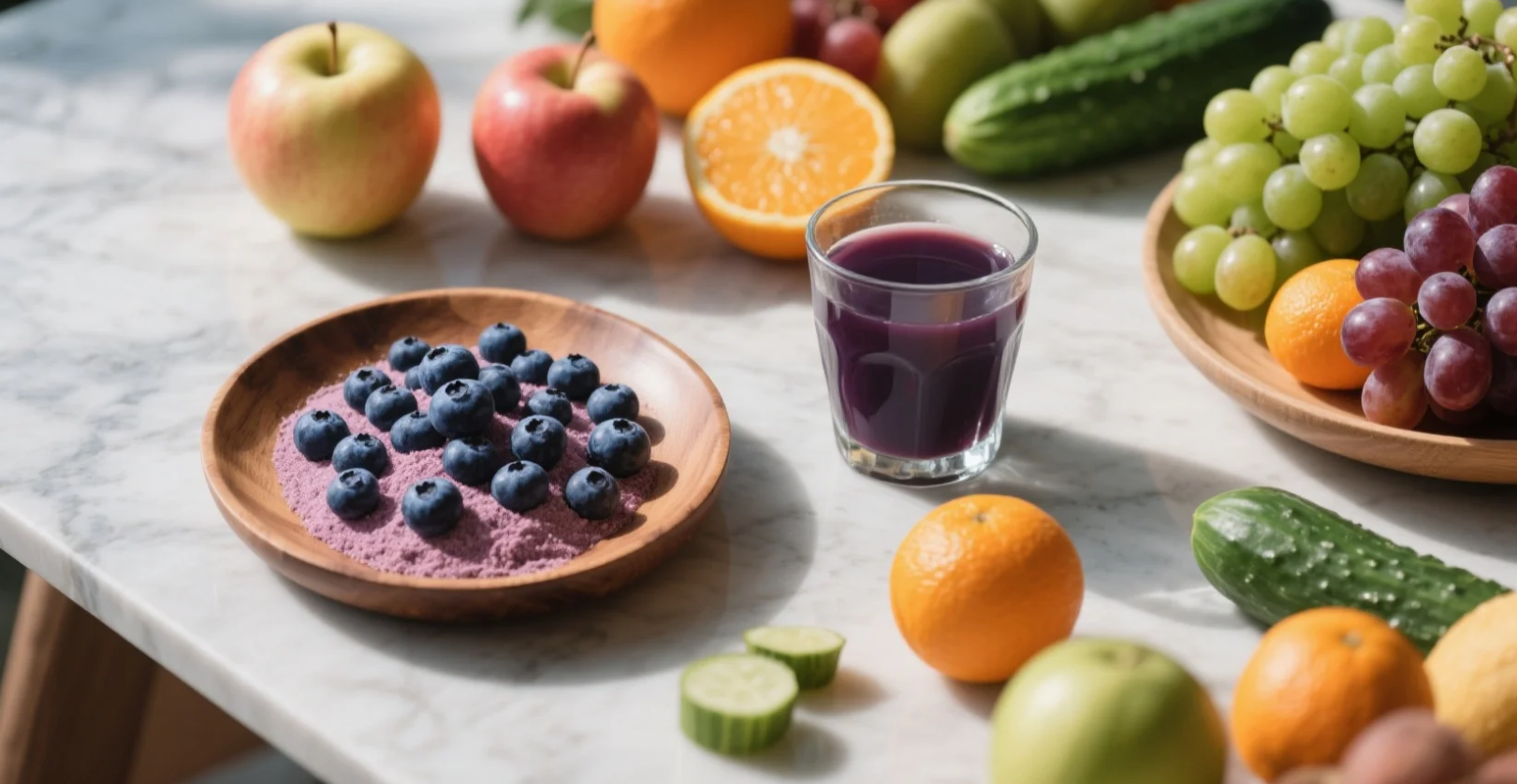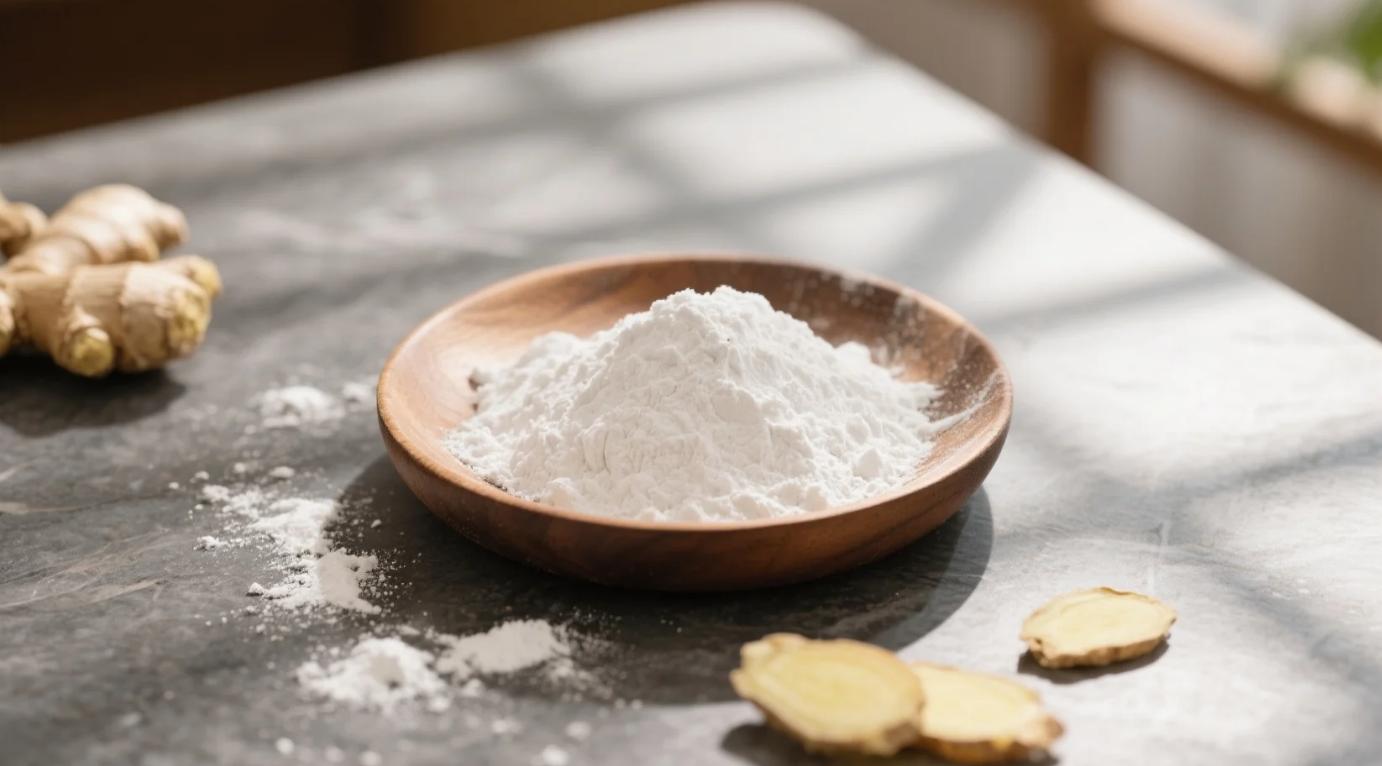Table of Contents
Sustainability is no longer optional for the food industry—it’s a core expectation. Consumers demand products that are not only healthy but also environmentally responsible. Sweeteners are no exception, and organic allulose syrup has emerged as a sustainable alternative to traditional sugar.
This article explores how organic allulose syrup aligns with eco-friendly food production, supporting both consumer health and environmental goals.
1. Natural and Responsible Sourcing
Organic allulose syrup is derived from plant-based sources such as figs, raisins, and jackfruit. Its production aligns with sustainable practices:
- Organic Farming: Reduces synthetic chemicals and pesticides
- Renewable Resources: Uses naturally occurring sugars from plants
- Ethical Supply Chains: Supports responsible cultivation practices
This ensures a lower environmental footprint compared to conventional sugar production.
2. Low-Calorie, Low-Waste Sweetening
Allulose syrup offers more than just health benefits—it supports sustainable consumption:
- Low Calorie: Helps reduce the overall calorie content in food products
- Efficient Production: High yield from plant sources with minimal waste
- Reduced Packaging and Transport Impact: Concentrated syrup allows smaller volume usage compared to granulated sugar
By choosing organic allulose syrup, manufacturers promote sustainability while delivering a sweet taste consumers love.
3. Benefits for Eco-Conscious Consumers
Consumers increasingly seek products that are both healthy and environmentally friendly. Organic allulose syrup delivers:
- Natural Sweetness: Derived from organic fruits
- Diabetic and Keto-Friendly: Supports health-conscious diets
- Clean Label Appeal: Non-GMO and plant-based, reinforcing sustainable choices
- Non-Cariogenic: Reduces dental health concerns
These features make products with allulose syrup appealing to conscious consumers.
4. Versatile Applications in Eco-Friendly Food Production
Organic allulose syrup can be applied across multiple categories, supporting sustainable product development:
- Beverages: Low-calorie juices, teas, and energy drinks
- Bakery: Sugar-reduced cakes, muffins, and bread
- Confectionery: Chocolates, gummies, and candies with reduced sugar content
- Dairy & Alternatives: Ice creams, yogurts, and plant-based desserts
It allows manufacturers to create innovative, health-conscious, and eco-friendly products.
5. Market Trends and Strategic Advantages
As sustainability becomes a core focus in the food industry, organic allulose syrup provides competitive advantages:
- Supports eco-friendly branding
- Aligns with sugar reduction initiatives
- Enhances consumer trust through natural and organic claims
- Expands opportunities in functional, keto-friendly, and low-carb products
Manufacturers adopting organic allulose syrup can differentiate their products in a crowded market.
Conclusion
Organic allulose syrup represents sustainable sweetness—naturally sourced, eco-friendly, low-calorie, and clean-label. It helps brands align with modern consumer values while maintaining product quality and taste.
At ORGANICWAY, we provide premium organic allulose syrup in bulk, supporting food, beverage, and nutraceutical manufacturers in creating eco-conscious, innovative products.
👉 Contact us today to request samples or discuss bulk supply options.
Related Products
Organic Allulose Sweetener
Source premium Organic Allulose Powder and Syrup. A clean-label, low-calorie, non-glycemic rare…


